What Feed Size to Give Your Juvenile Catfish
Hhere are the different sizes currently in the market:
1.5mm, 1.8mm, 2mm, 3mm, 4mm, 6mm, 8mm, 10mm, etc.
The bigger you fishes, the bigger the feed size they can pick.
Here’s what is recommend if you just stocked your ponds, if your fishes fall into the following Juvenile Catfish 6-10 g categories
- Juvenile (6 – 10 grams): 2mm feed size
Reducing Juvenile Catfish mortality
Catfish farmers using earthen ponds, surface tanks, plastic tanks etc. often face the process of high fingerlings mortality rates when raising them.
Therefore, utmost care must be exercised in handling these fragile fishes to be able to optimise production and profit. A wholesome pond grooms healthy fishes. Ahead of stocking, 250kg of lime must be applied per acre of pond surface. Also make sure that other unwanted wastes and organisms like frog are cleared before stocking the pond.
Fingerlings are most vulnerable when they’re significantly less than 10g in proportions, thus the highest mortality rates occur in this period.
Over stocking the pond also contributes to high mortality. The reason being they must be fed with a somewhat large level of feed that’ll thus end in higher quantity of waste released in to the pond.
High quantity of waste in fish ponds degrades water quality and must be minimised around possible. Secondly, catfish are carnivorous naturally, meaning they prey on flesh. So you ought to ensure that whenever stocking fingerlings, they must be sorted weekly and fingerlings of exactly the same size must be stocked together.
Again, fingerlings of similar sizes must be stocked into smaller tanks before transferring them to the key grow-out pond.
Overfeeding fingerlings and juveniles can also result in high mortality rates because they’ve uncontrollable appetite which result in overfeeding and consequently death.
Another reason is transfer stress, when they’re transferred in one location to some other, such fingerlings/ juveniles must be left for at the least 24hours before feeding.
Feeding
How often you feed your fishes will differ depending on a lot of factors, but for the results I get – an average of 1.5kg to 2kg fish size in 6 months – here’s what I recommend:
- Juvenile (6 – 10 grams)
- Feeding: once or twice daily


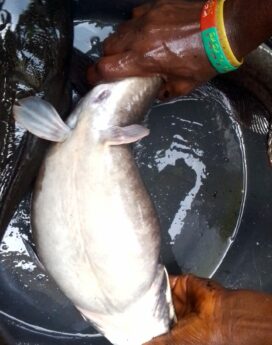
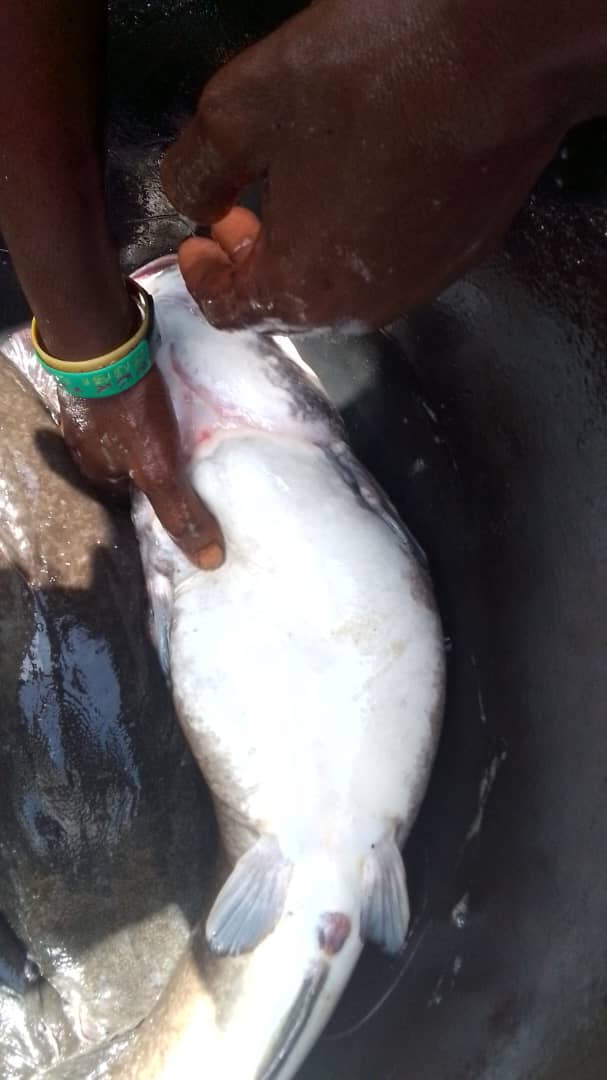
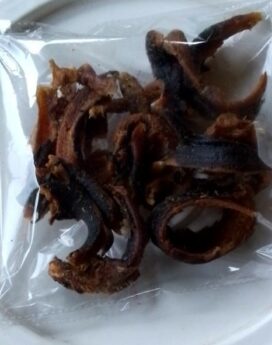
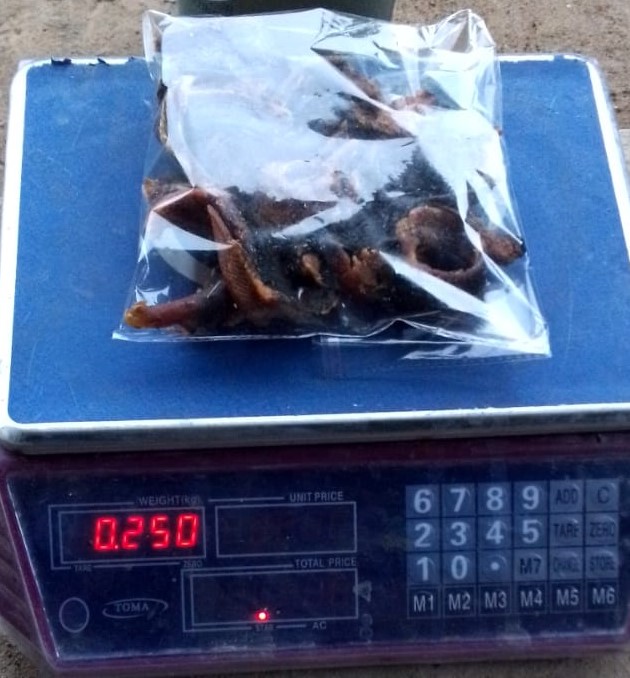
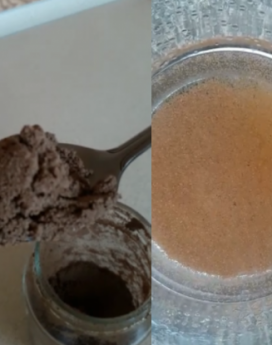
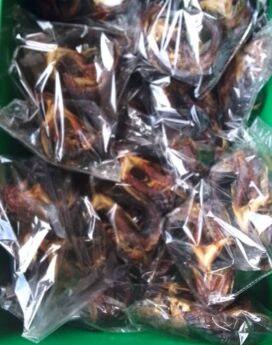
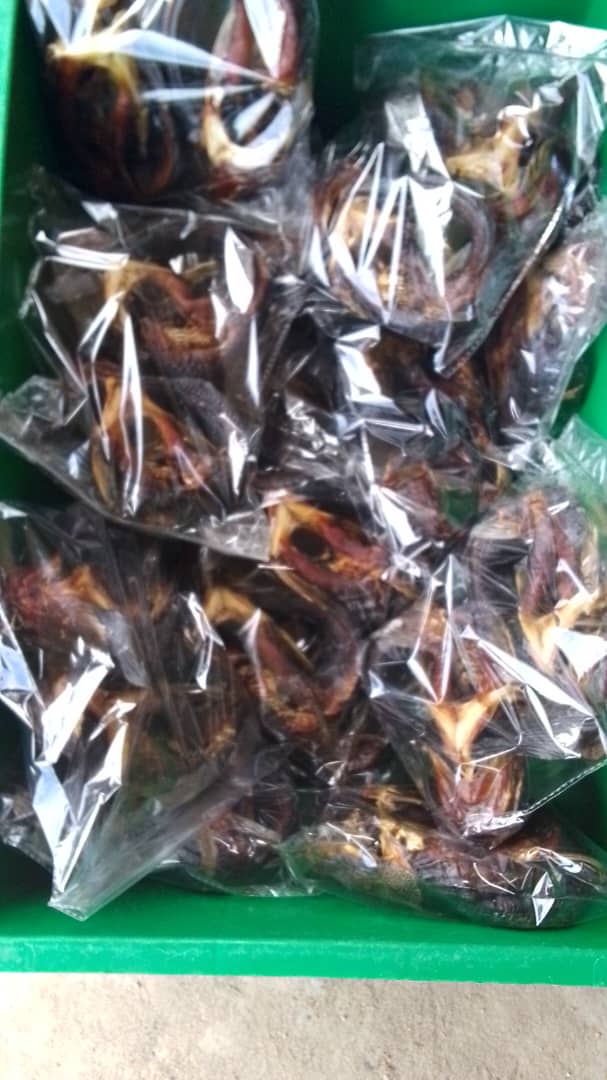
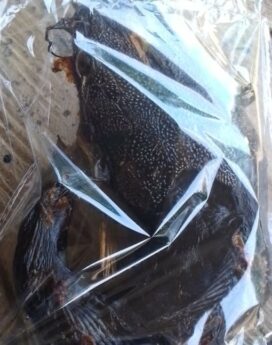
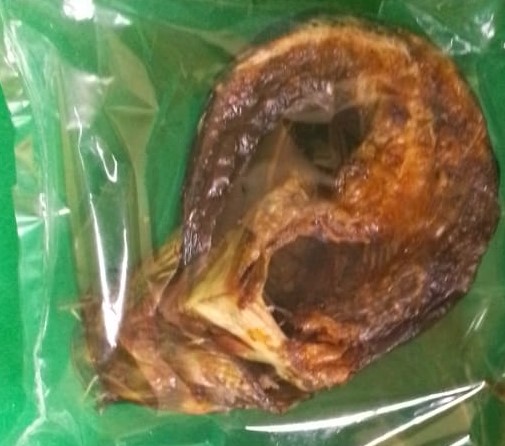
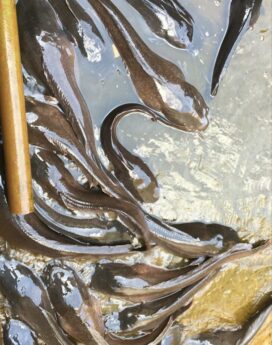
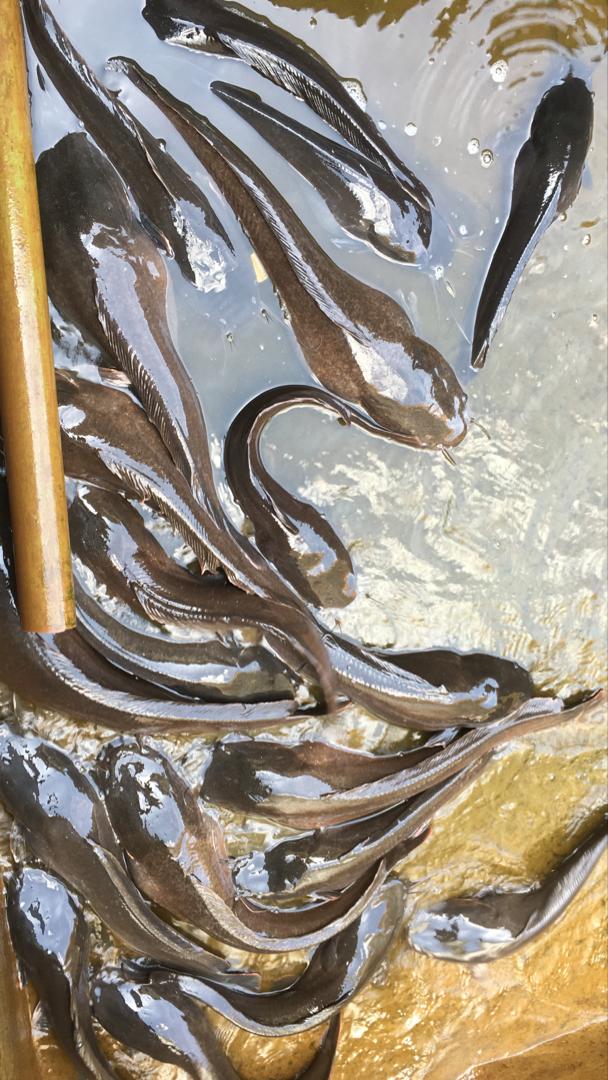
Reviews
There are no reviews yet.